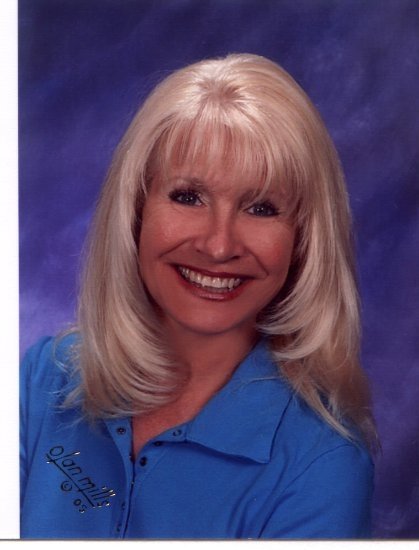Anyone who has been a family caregiver or a professional caregiver will tell you that it is a difficult and challenging job at best. For family caregivers, and even some professionals, it is a 24/7 job – demanding and sometimes thankless.
Yet what many caregivers, particularly family members, will be hesitant to admit to you is that it is rarely a one-man/one-woman job. More often than not, caregiving requires a synchronized team working together for the good of the patient.
And yet, frequently family caregivers, and some professionals, will refuse to ask for help. Why would they refuse to ask for help when it is so badly needed?
First of all, caregivers are often “givers” by nature, especially if that is their profession. They find it difficult and uncomfortable to be a “receiver”; so asking for help is difficult for them.
Another possible reason a caregiver may not ask for help and support is their pride. Perhaps they believe that no one can possibly do the job the way they do it because they know the patient better than anyone else.
Perhaps they feel that it is their responsibility to do the caregiving. Perhaps they promised another family member that they would take over as caregiver when that time came.
Perhaps they feel it would be selfish if they took care of their own needs first.
In all of these possible scenarios, both the caregiver and the patient end up with the short end of the stick. The caregiver is exhausted and probably not practicing self-care, and the patient ends up receiving a lesser quality of care because of this.
The word I want to say to all caregivers is, “You are not in this alone!” You do have options — many of them — to receive the necessary extra help. The best options are to ask for help and to accept help when it is offered.
Many friends or family members may be unaware of the daily difficulties and struggles a caregiver faces. And many of these same people would be happy to volunteer some time to help out, and are just waiting to be asked.
Support is available for both family and professional caregiver, so reach out and take advantage of what it freely offered. Join a support group, talk with your family doctor, ask a friend or family member to provide some help so that you can take a much-needed break, ask members of your church, or hire someone for a few hours each week to help out.
Some of the organizations available to you are: Family Caregiver Alliance, AARP, Administration on Aging, Eldercare, Alzheimer’s Association, ARCH National Respite Network and Resource Center, and many more.
If you are a caregiver (family or professional) feeling overwhelmed, exhausted, run-down, then please seek extra help. You are not alone. Reach out and you will find the extra help you need. Just Ask!




Good to information here. BUT outside of professional help.. What happens when family doesn’t step up? Friends come a few times but gradually drop away? No worries me wants to give a night here and there so the primary caregiver can sleep through? In a long term scenerio it’s a nightmare. This email s where support is so needed and if you have to hire, very costly. Just sayin’.
I agree Kinny — everything gets more difficult with long-term care. Friends and family do drop away sometimes. And yes, long-term professional help can get expensive. Perhaps hiring respite care (one day a week, or a couple hours twice a week) would help ease some of the burden.